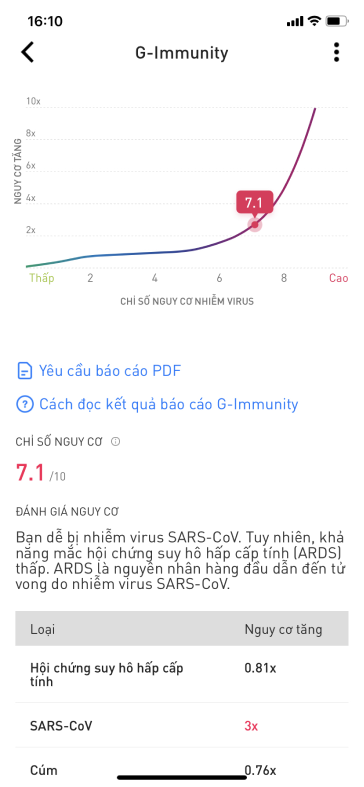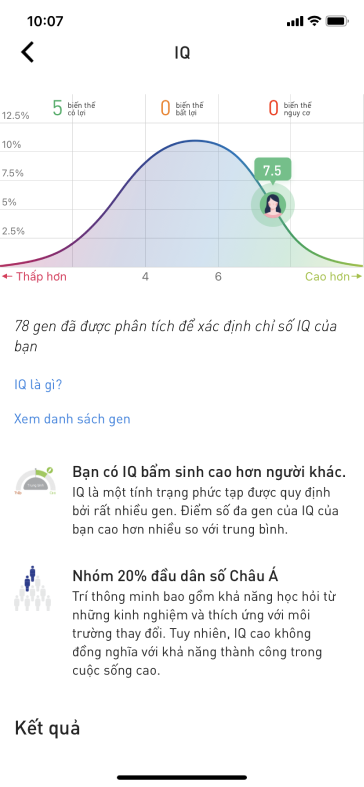Genetic factors influencing sexual activity

Genetic variants associated with the age at which a person first engages in sexual intercourse are reported in a paper published online this week in Nature Genetics. The study sheds light on how the timing of puberty may affect age at first sexual intercourse (AFS), and how both affect social and health outcomes.
AFS has been correlated with a number of social and behavioral factors, such as social disadvantage and family instability. Genetic factors also contribute to AFS and related traits, including age at first birth (AFB) in women, although the extent of this contribution is unknown. Genetic variants associated with timing of puberty - which has decreased from an average age of 18 years in 1880 to 12.5 years in 1980 - in both men and women have been recently identified, and some studies have reported a correlation between puberty timing and AFS, suggesting that they may also be correlated at the genetic level.
Ken Ong, John Perry and colleagues conducted a genome-wide association study of more than 125,000 participants (59,357 men and 66,310 women aged 40-69 years) from the UK Biobank study and identified 38 variants associated with AFS. They then replicated these findings in 241,910 men and women from Iceland and 20,187 healthy American women (aged greater than 45 years) of European-ancestry from the Women’s Genome Health Study.
The authors found that both AFS and AFB have a moderate genetic component and that both are independently genetically correlated with timing of puberty. The authors used a statistical method called Mendelian randomization to infer a causal effect of puberty timing on AFS and AFB (i.e., earlier puberty leads to earlier AFS and AFB). They also predicted causal effects of all three traits on social and behavioral outcomes, such as educational attainment.
Some of the variants associated with AFS were located in or near genes that have been previously implicated in risk-taking propensity, irritable temperament, number of children, and processes and traits related to brain development. However, whether any of these genes are involved in regulating the timing of puberty, AFS or AFB remains to be determined.
Reference: https://www.natureasia.com/en/research/highlight/10634
























